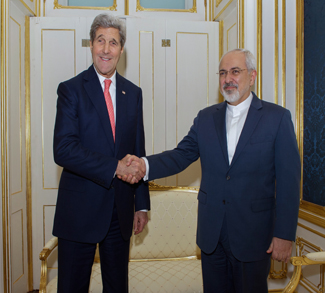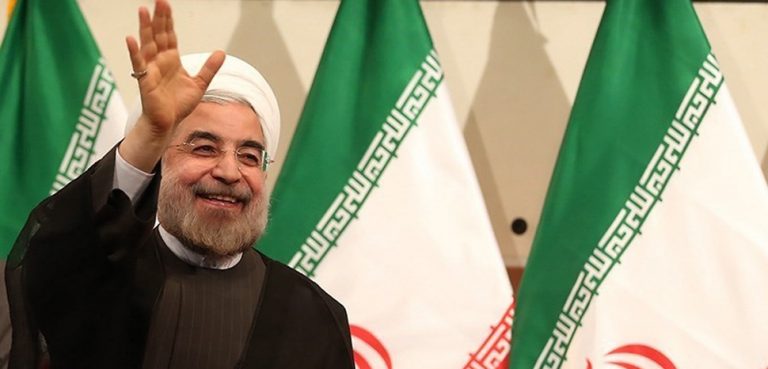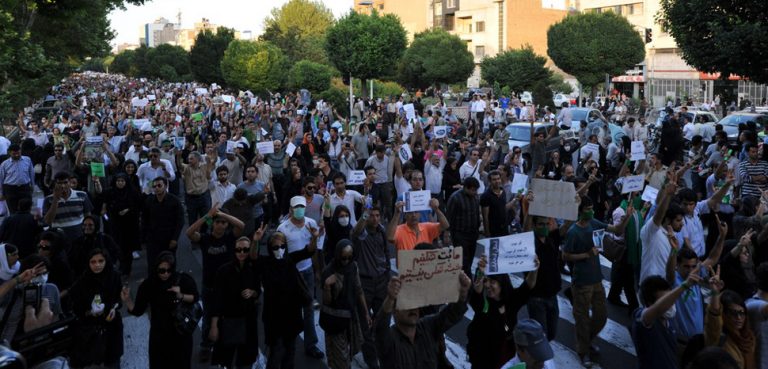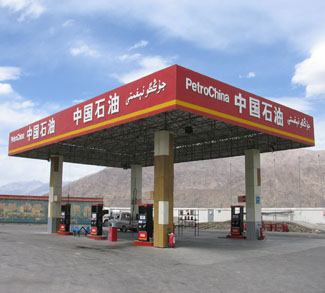The Lausanne accord over Iran’s nuclear program has started to shift Western interests in the Middle East. Many Western powers, including the United States, are questioning their loyalty to Saudi Arabia. China is adding its own pressure, producing unexpected outcomes, accelerating the Iranian iteration of ‘glasnost,’ or in Persian ‘gozayesh.’
For years, the theocratic government in Tehran has been described as a ‘monster,’ the enemy of freedom and democracy. Yet, Lausanne has suddenly opened up new prospects. Israel does not agree, but that was a given and presumably any wider diplomatic opening between the West and Iran would include assurances for Tel Aviv. Saudi Arabia will need more convincing and may encourage a more radical policy shift in Western capitals. The Saudis have long challenged Iran over hegemony in Middle East and the West has basically ‘forgiven’ the Kingdom everything, including the fact that it is far more authoritarian than the Islamic Republic. Further, the West has reason to be grateful for the efforts of Iran’s Revolutionary Guards against Islamic State in Syria and Iraq where they contributed to the liberation of Tikrit – especially as the West itself (and its allies, such as Saudi Arabia, Turkey, and Qatar) share considerable responsibility in creating the monster that is ISIS.




